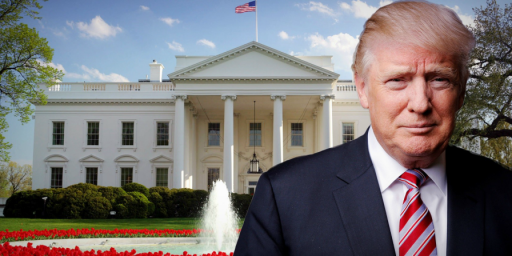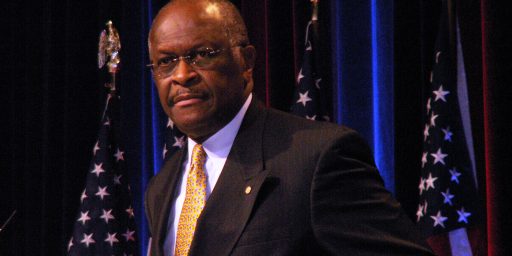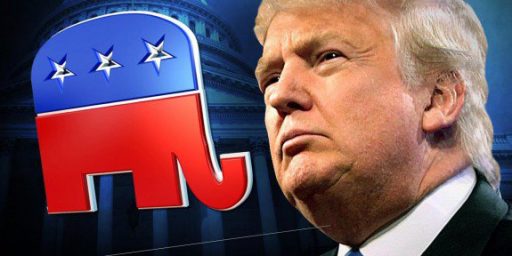JOURNALISTIC ETHICS REDUX
Jonathan Alter thinks reporters should occasionally “rat out” sources when it serves the public interest to do so–but they should do it in a “sleazy and scummy” way.
Reporters could help, of course. The premise behind their longstanding refusal to reveal their sources is that it would put them out of business. That might be true for a journalist who held a press conference to betray a source. But how about a reporter who secretly leaked the name of a source to another reporter, confident that no one would know where it came from? Almost all reporters still say no; it would feel scummy and violate the spirit of confidentiality. This is where I break ranks.
After all, don’t we in the press routinely ask people in government and business to feel scummy and violate the spirit of confidentiality in their own institutions by leaking to us in the name of some higher public interest? Why shouldn’t reporters themselves, on very rare occasions, leak in the same public interest, especially if their own identities can be protected?
Wow. I agree that the “ethic” of confidentiality is often misguided. But at least be man enough to take responsibility for your stand: if you think confidentiality undermines the public interest, then reveal the source openly and take your medicine.





